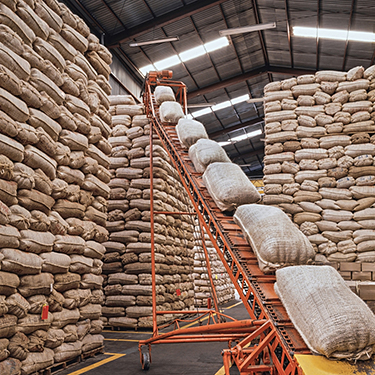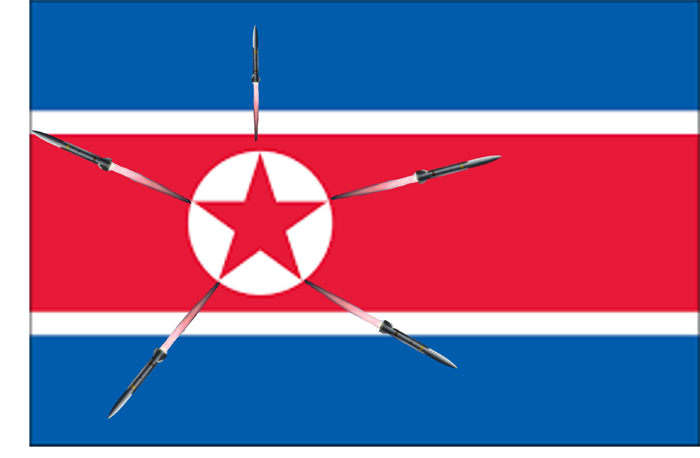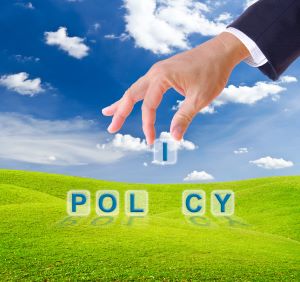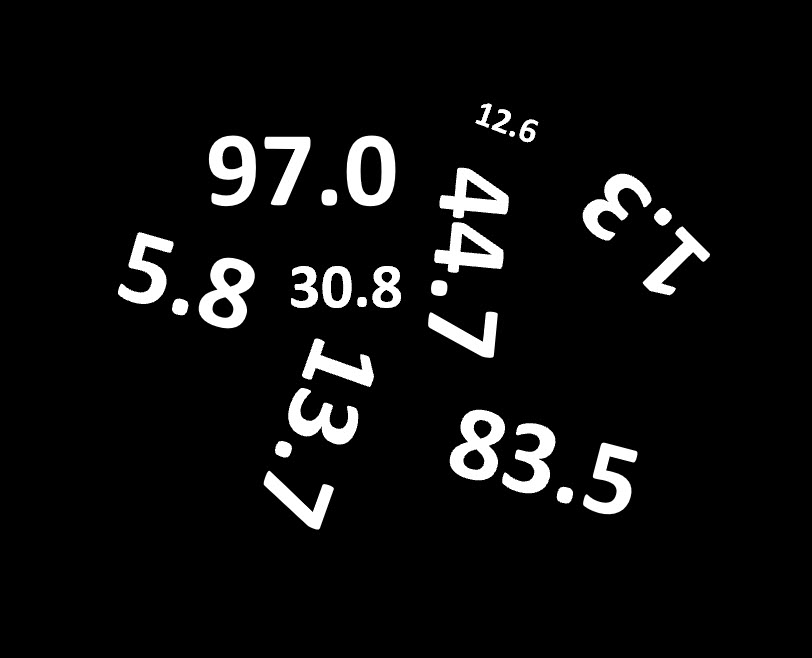Infrastructure investment due diligence

On behalf of a Canadian oilseed processer WPI's team provided market analysis, econometric modeling and financial due diligence in support of a $24 million-dollar investment in a Ukrainian crush plant. Consistent with WPI's findings, local production to supply the plant and the facility's output have expanded exponentially since the investment. WPI has conducted parallel work on behalf of U.S., South American and European clients, both private and public, in the agri-food space.

 Fertilizer Supplies: The U.S. Department of Commerce is recommending reduced tariffs on fertilizer imported from Russia, but increased duties on supplies from Morocco. U.S. farmers have been asking for relaxing supply constraints from Russia. The U.S. imports about 20 percent of its fertilizer...
Fertilizer Supplies: The U.S. Department of Commerce is recommending reduced tariffs on fertilizer imported from Russia, but increased duties on supplies from Morocco. U.S. farmers have been asking for relaxing supply constraints from Russia. The U.S. imports about 20 percent of its fertilizer...
 Carbon Wars The EU is moving forward with its plans for a Carbon Border Adjustment Mechanism (CBAM), and with its EU Deforestation Regulation. Despite claims to handling domestic and imported products equally as required under the WTO’s national treatment obligation, there will be plenty...
Carbon Wars The EU is moving forward with its plans for a Carbon Border Adjustment Mechanism (CBAM), and with its EU Deforestation Regulation. Despite claims to handling domestic and imported products equally as required under the WTO’s national treatment obligation, there will be plenty...
 The Q1 2024 GDP was 1.6 percent, well below the pre-report consensus expectation of 2.4 percent, and down from 3.1 percent in Q1 2023 and 3.4 percent in Q4 2023. That rate was the slowest in almost two years, dating back to Q2 2022. Recall that in the 2 February Ag Perspectives report on...
The Q1 2024 GDP was 1.6 percent, well below the pre-report consensus expectation of 2.4 percent, and down from 3.1 percent in Q1 2023 and 3.4 percent in Q4 2023. That rate was the slowest in almost two years, dating back to Q2 2022. Recall that in the 2 February Ag Perspectives report on...
 As WPI readers likely well know by now, U.S. gross domestic product (GDP) grew at an inflation- and seasonally-adjusted 1.6 percent rate in Q1 2024, which missed economist’s 2.4 percent expectations. The data sent shockwaves through U.S. financial markets with U.S. stocks and bonds openin...
As WPI readers likely well know by now, U.S. gross domestic product (GDP) grew at an inflation- and seasonally-adjusted 1.6 percent rate in Q1 2024, which missed economist’s 2.4 percent expectations. The data sent shockwaves through U.S. financial markets with U.S. stocks and bonds openin...